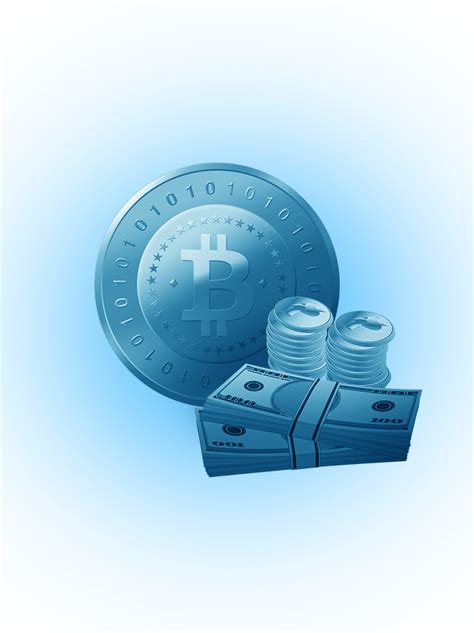The Rise of Non-Fungible Assets (NFTs) and the Future of Cryptocurrency
In recent years, the world of cryptocurrency has seen a dramatic increase in popularity, driven by innovative technologies such as blockchain, smart contracts, and decentralized applications (dApps). One of the most exciting emerging trends is the concept of non-fungible assets (NFTs), which has revolutionized the way we think about ownership and scarcity in digital worlds.
What are non-fungible assets?
A non-fungible asset (NFA) is a unique digital token that represents ownership or control over a particular item, such as art, collectibles, music, or even virtual real estate. Unlike fungible assets, which can be exchanged for identical copies of the same token (e.g., Bitcoin), NFTs are distinct and cannot be replicated.
The Benefits of Non-Fungible Assets
NFTs offer several advantages over traditional cryptocurrencies:
- Unique Ownership

: Each NFTA is unique and cannot be replicated, ensuring that ownership is secure and reliable.
- Scarcity: NFTs can only exist in limited quantities, making them rare and valuable.
- Customization: NFTs enable customization and personalization of digital content, allowing creators to produce one-of-a-kind assets.
Examples of Non-Fungible Assets (NFTs)
Some examples of popular NFT projects include:
- The Rarible Platform: A decentralized marketplace where artists can create, sell, and trade unique digital art.
- The Mintable Project: A platform that allows users to create, buy, and sell NFTs for various digital collectibles.
- The Bored Ape Yacht Club: A social NFT project that allows users to own and display rare monkey-themed digital art.
PoS (Proof of Stake)
Another disruptive technology in the cryptocurrency industry is Proof of Stake (PoS), also known as Delegated Proof of Stake. PoS is a consensus algorithm that rewards validators with newly minted cryptocurrency for validating transactions on the network, rather than requiring the use of computing power.
Best Wallet Options
With so many wallet options available, selecting the best one can be difficult. Here are some of the best recommendations:
- MetaMask: A popular and widely used Ethereum-based wallet that supports multiple blockchain platforms.
- Tron Wallet: A decentralized wallet that allows users to store, send, and receive cryptocurrency across various blockchain platforms.
- Ledger Live: An intuitive wallet to store and manage digital assets on the blockchain.
Best Crypto Platforms for NFTs
When it comes to buying, selling, and trading NFTs, some of the best crypto platforms include:
- OpenSea: A leading marketplace to buy, sell, and trade NFTs.
- Rarible: A popular platform to create, buy, and sell unique digital art.
- Mintable: A decentralized marketplace that allows users to buy, sell, and trade NFTs.
Conclusion
The rise of non-fungible assets (NFTs) and Proof of Stake (PoS) technologies has revolutionized the cryptocurrency world. As more developers and users explore these innovative concepts, we can expect to see even greater innovations in the future. With the right wallet and platform, you can join the NFT revolution and unlock a new world of possibilities.
Sources:
- “The Rise of Non-Fungible Assets (NFTs)” by CryptoSlate
- “Proof of Stake (PoS) 101” by Cointelegraph
- “Best Wallet Options for Cryptocurrency” by CoinDesk
